‘A Third Iraq War?’
The breakdown in Iraq means that "the Middle East map -- defined by European powers a century ago -- may be redrawn, either de facto or formally," regional expert Robin Wright writes at The New Yorker. And "globally, the jihadist threat has never been greater."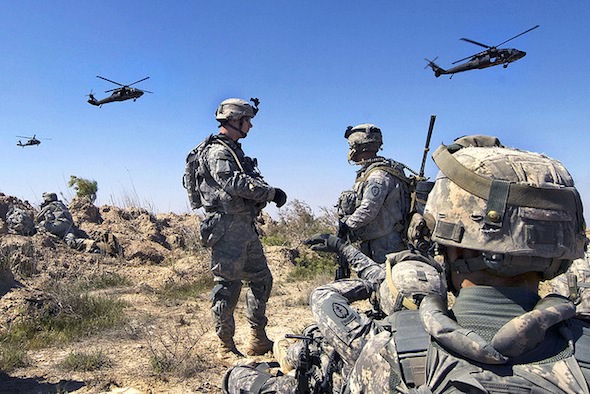
The breakdown in Iraq means that “the Middle East map — defined by European powers a century ago — may be redrawn, either de facto or formally,” regional expert Robin Wright writes at The New Yorker. And “globally, the jihadist threat has never been greater.”
The U.S. government faces the possibility of a third intervention in the country. The Iraqi military was easily overwhelmed during the Gulf War and the invasion of 2003, but lacking enthusiasm in Washington and among allies, and with a fatigued military, limited resources after the Great Recession and the prospect of foreign funding unlikely, a third intervention would not be feasible, Wright states.
She continues:
Public opinion is wary. The scope of the mission could expand out of control. Iraq might not be rescuable without the U.S. dealing with Syria, since the Islamic State of Iraq and al-Sham (ISIS) has already erased part of the border between the two countries. If ISIS zealots were defeated in Iraq, they could simply retreat to their Syrian bases and come back another day. In addition, Iraq’s regional conflict has become deeply sectarian. The threat to the United States is barbaric jihadism, as both an ideology and a tactic, but for many in Iraq, and in neighboring countries, the dispute is quickly evolving into a fratricidal rivalry between Shiites and Sunnis. This time around, American intervention could get entangled with a fourteen-century-old schism between Islamic sects.
… Any plan for stability—whether Iraq remains a single state or breaks into three—has to begin with the underlying political problem. Last week, President Obama called for a multiethnic governing council in Baghdad but, with insurgents less than fifty miles from the capital, that option is now too little, too late.
Iraqis must become invested in their own political order and risk putting their lives on the line to secure it. Unfortunately, Maliki may not be willing to either cede the powers required for a just resolution or to step aside. His intransigence has sabotaged Iraqi nationalism—though others share in the blame—and simply propping him up could eventually be costly. On Tuesday, Maliki defied international appeals for political outreach. Instead, he declared a boycott of a Sunni political bloc and put the blame for Iraq’s disintegration on Saudi Arabia. “We hold them responsible for supporting these groups financially and morally, and for the outcome of that—which includes crimes that may qualify as genocide: the spilling of Iraqi blood, the destruction of Iraqi state institutions and historic and religious sites,” his government said in a statement. So Washington will have to be bold and blunt with him—and even consider withdrawing support. Leaving the political work undone a third time around only risks yet another failure—and who knows how many more.
Read more here.
— Posted by Alexander Reed Kelly.
Your support matters…Independent journalism is under threat and overshadowed by heavily funded mainstream media.
You can help level the playing field. Become a member.
Your tax-deductible contribution keeps us digging beneath the headlines to give you thought-provoking, investigative reporting and analysis that unearths what's really happening- without compromise.
Give today to support our courageous, independent journalists.
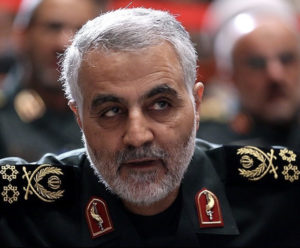

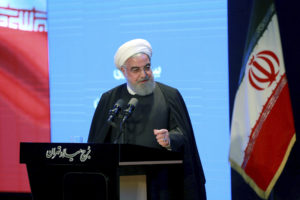

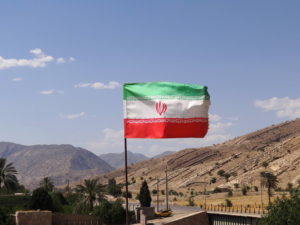
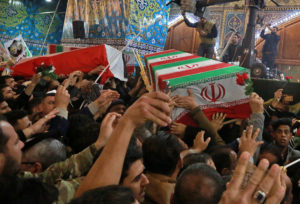
You need to be a supporter to comment.
There are currently no responses to this article.
Be the first to respond.